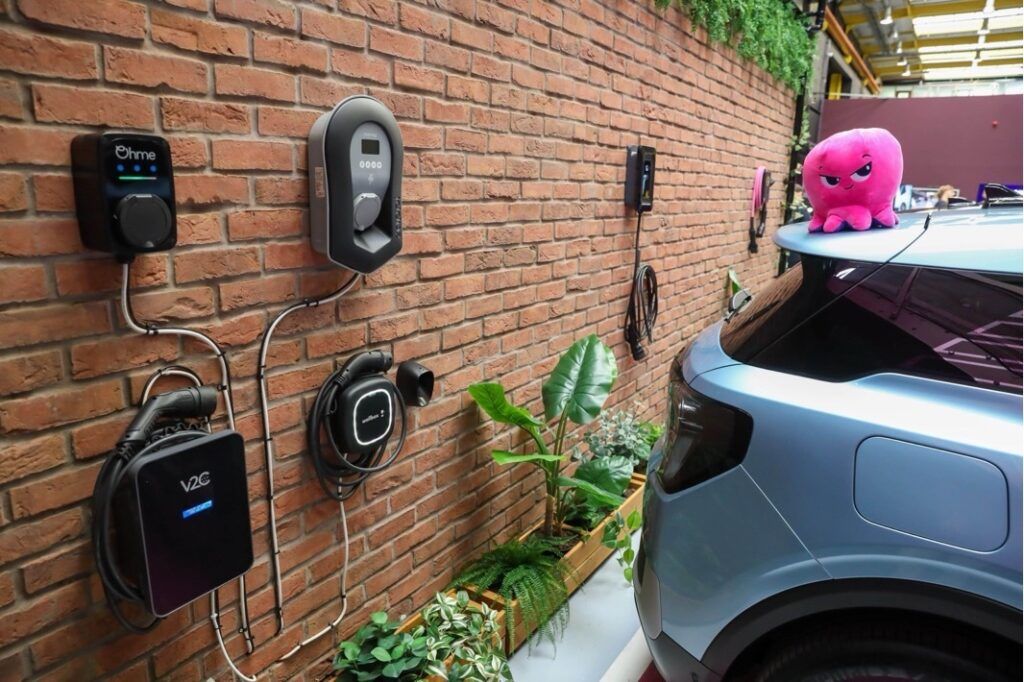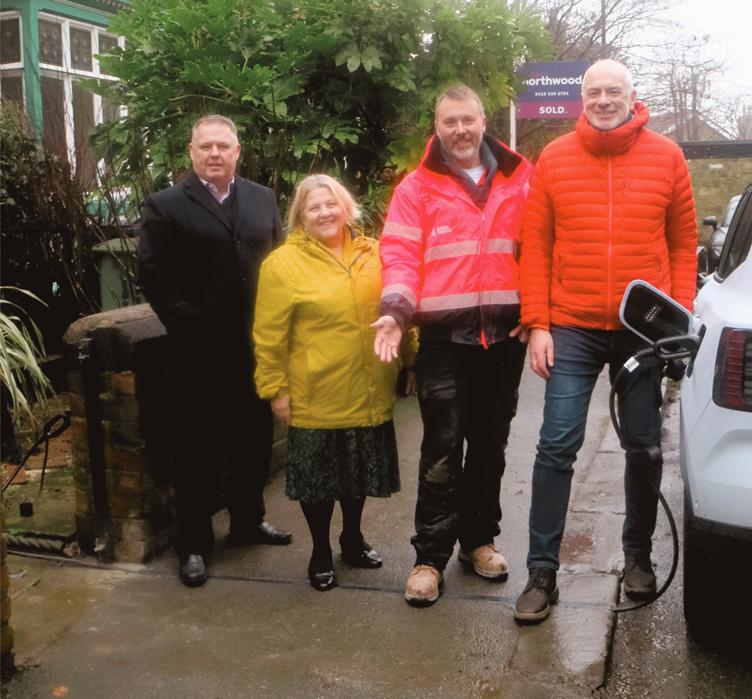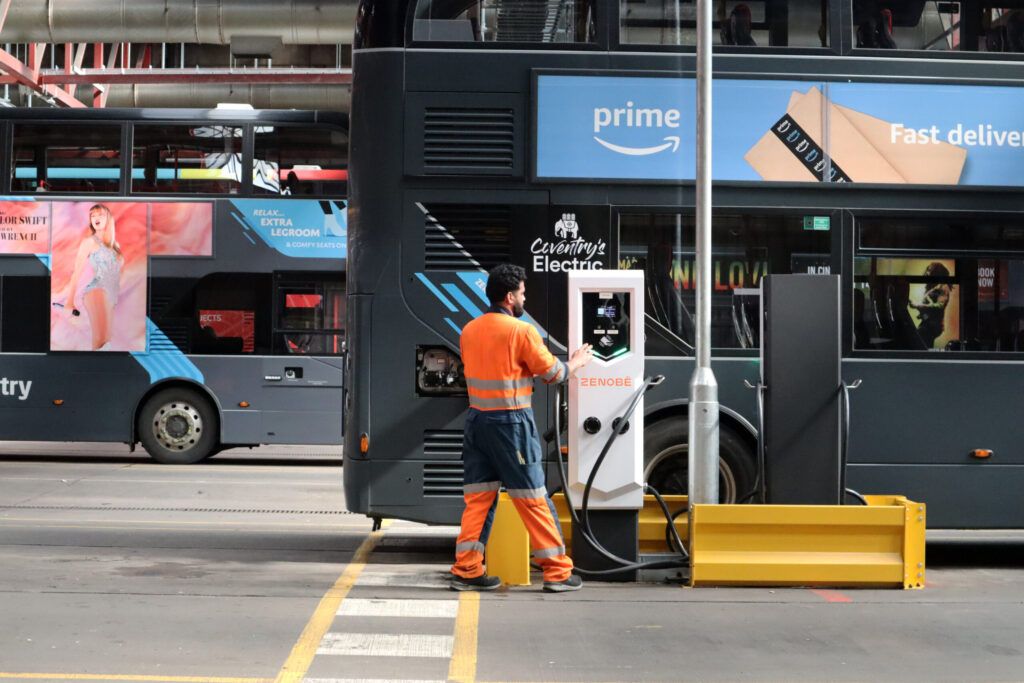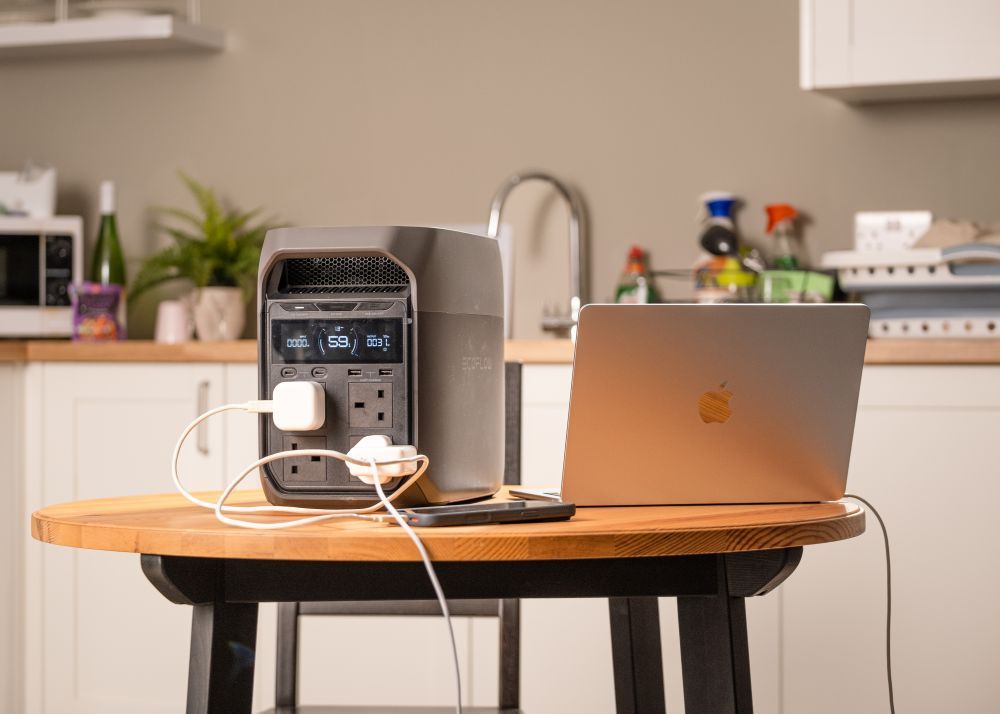AI-powered operating system for the energy transition Kraken has hit more than 2GW of power from EVs, home batteries, and heat pumps for its residential Virtual Power Plant (VPP).
A VPP flattens peak electricity demand, supports local congestion management, and helps balance the overall electricity system by automatically scheduling charging and heating. The system charges EVs and heats homes when grid demand is low and energy is more abundant, cheaper, and greener.
Kraken has connected to more than 500,000 devices, managing 2GW of power, including EVs, heat pumps, solar panels, home batteries and smart thermostats, which the platform manages in real time.
The firm claims as a result of its work it is already saving consumers more than £150m a year – while reducing emissions and easing pressure on the grid.
Kraken has recently expanded through new partnerships with E.ON Next in the UK and MAINGAU Energie in Germany alongside Octopus Energy and other firms in bringing intelligent demand management to homes across Europe.
The domestic flexibility service sits alongside Kraken’s optimisation of large assets, such as grid-scale battery sites. Kraken powers around half of the UK’s grid-scale batteries through a broad network of partnerships with leading utilities, energy suppliers, and traders, enabling seamless route-to-market for battery sites.
Kraken is also aiming to accelerate the adoption of low-carbon technologies, as a co-founder of the Mercury Consortium. The public-private initiative was set up with the goal of establishing a “Bluetooth for energy” – setting a common framework for the integration of devices such as EVs, heat pumps, home solar and batteries into the grid, no matter the manufacturer or energy provider.
Wren White, Kraken’s General Manager of Residential Flexibility, said:
“We’re building an energy system that’s not only cleaner and smarter, but truly consumer-led. This is an energy transition with and for the consumers – empowering households to drive change, cut costs, and support a more resilient grid, every day.”
Image from Kraken












